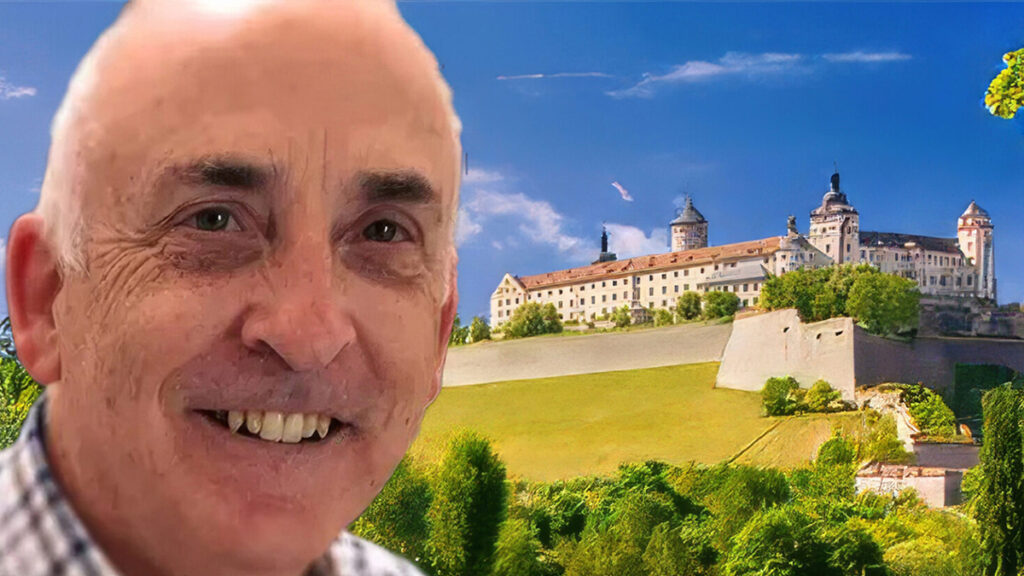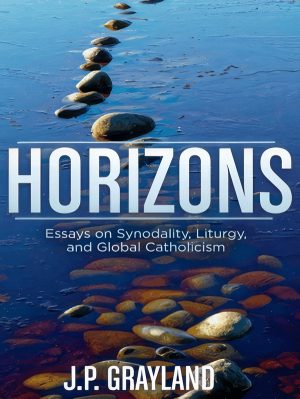In 2025, Germany celebrates 35 years of reunification. For most young Germans, the Berlin Wall is as remote as the Thirty Years’ War, a relic of history rather than a personal wound.
Yet paradoxically, among many of them thrives a strange Ostalgie—a wistful longing for the East German past. The irony is striking; those who feel this pull never experienced the shortages, censorship, and surveillance of the German Democratic Republic (GDR). What they embrace is not history, but a curated illusion of it.
The seduction of nostalgia
This nostalgia is seductive because it promises a sense of belonging and identity. But it is, at its heart, a deception of memory.
Stories retold, filtered through family anecdotes or popular films, emphasise neighbourly solidarity, “authentic” community, or the comfort of slower routines. The darker realities—the fear of the Stasi, the economic stagnation, the daily compromises—fade conveniently into the background.
What is left is not history, but myth. And myths, however comforting, can blind.
Catholic echoes in liturgy nostalgia
A strikingly similar dynamic is evident among the young Catholics (and bishops, and priests) who grew up with the vernacular liturgy but are drawn to the nostalgia of a world they never knew.
The “Latin Mass” is seen as a portal to a golden age of faith, beauty, and order. Nostalgia glosses over inconvenient truths: the rigidity, the passivity of lay participation, the stifling uniformity, and the lack of cultural diversity that drove the reforms in the first place.
Selective memory and its dangers
In both cases, whether it is East Germany or pre-conciliar Catholicism, nostalgia functions as a selective memory. It polishes away the cracks and presents the past as a lost paradise.
But it is precisely this selectiveness that reveals its emptiness. Longing for what never truly existed is not an act of remembering, but of imagining. It is a projection of present dissatisfaction onto a past stripped of complexities.
Added to this is a dangerous politicisation that weaponises worship to right-wing political ends.
Illusions in a fractured age
False nostalgia persists because it offers an escape for young people yearning for a stable world in one marked by rapid change, uncertainty, and fragmentation.
East Germany offers them the mirage of community. The Latin Mass offers the illusion of timeless transcendence. But illusions, however beautiful, cannot sustain real identity. Both eventually collapse under the weight of lived reality.
The risk of romanticising
The danger lies not in appreciating traditions or remembering history, but in mistaking idealised fragments for the whole truth.
If Germany builds its future on a romanticised GDR, it risks ignoring the hard lessons of dictatorship. If Catholics cling to an imagined golden age of a Latin-Mass-Church, they risk abandoning the living Church for a museum piece.
Nostalgia, then, is not harmless sentiment—it is a form of self-deception.
Confronting the present honestly
Thirty-five years after reunification, Germany is mature enough to recognise that the past cannot be relived, only understood in its whole truth.
Likewise, faith communities must discern between genuine continuity and hollow romanticism. The past can inspire, but when falsified through nostalgia, it becomes a trap.
The task for today’s generations is not to dream of what never was, but to confront the present with honesty and to build a future without illusions.

- Dr Joe Grayland is an assistant lecturer in the Department of Liturgy at the University of Wuerzburg (Germany). He has also been a priest of the Catholic Diocese of Palmerston North (New Zealand) for more than 30 years.
- J.P Grayland’s new book Horizons: Essays on Synodality, Liturgy, and Global Catholicism) is available as an ebook or print book.


